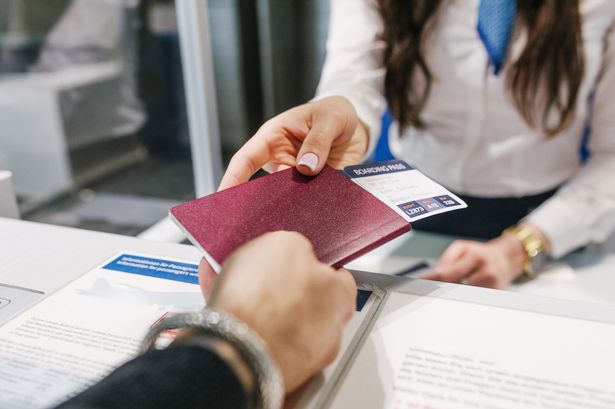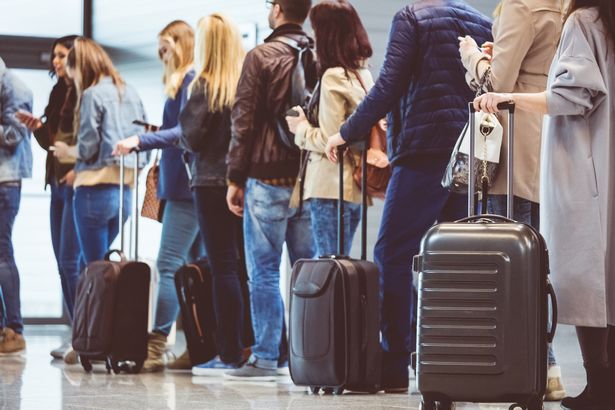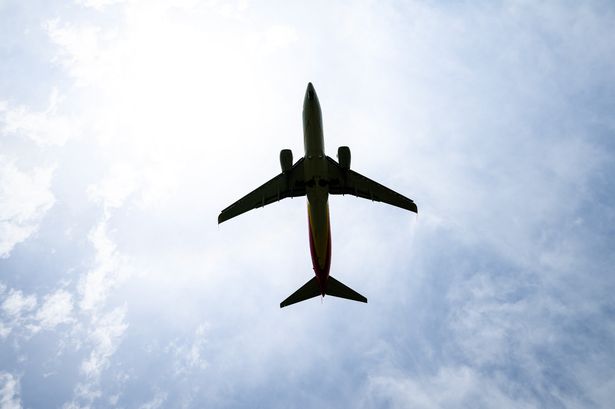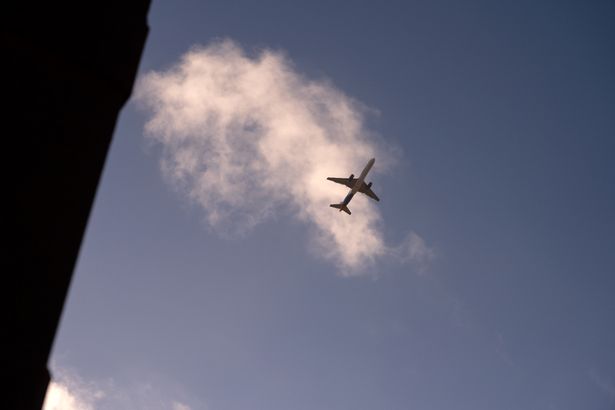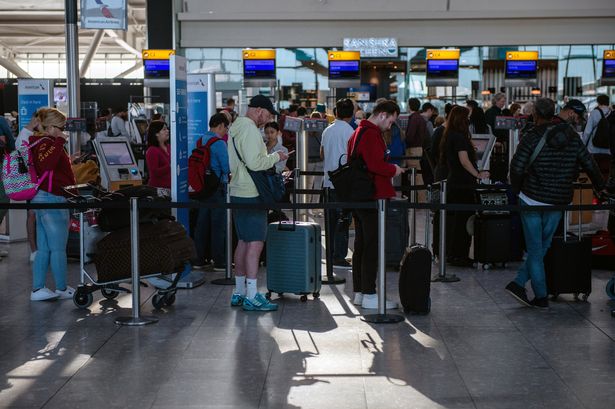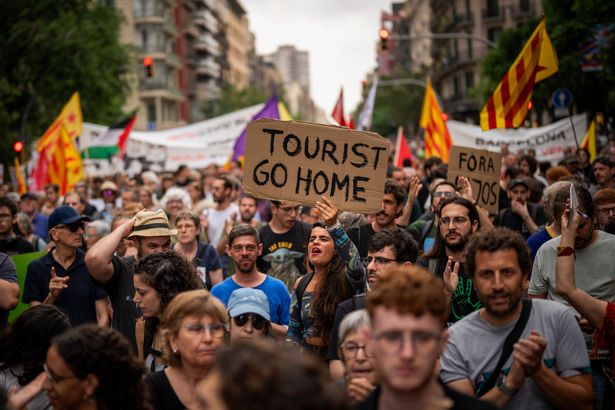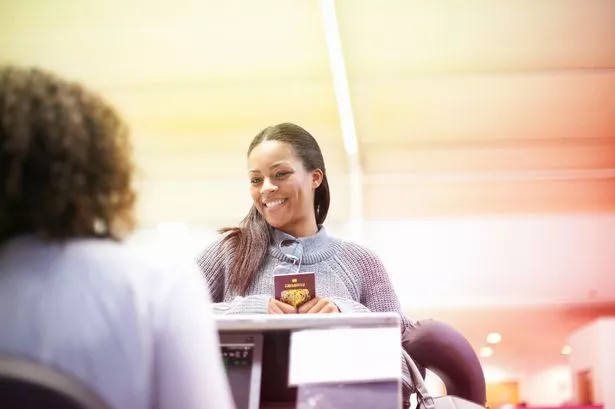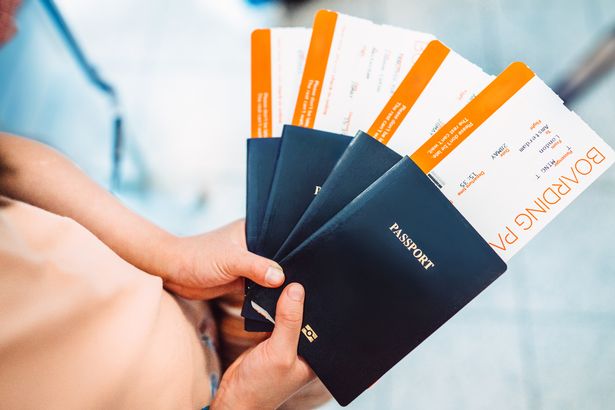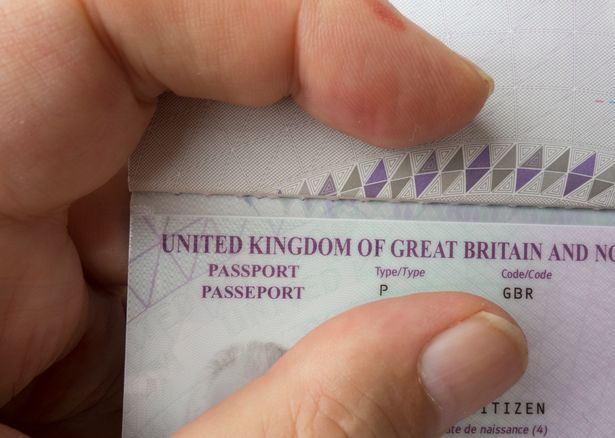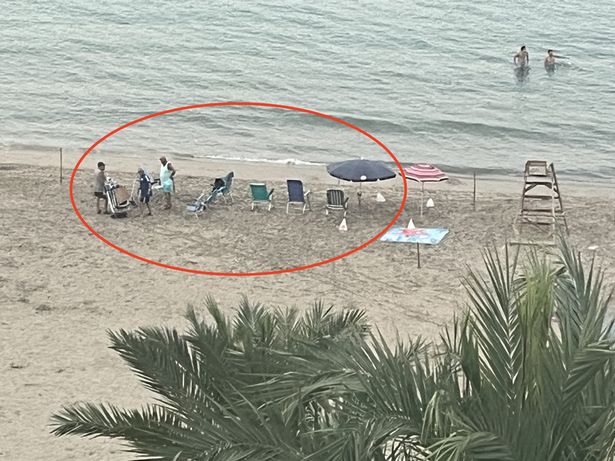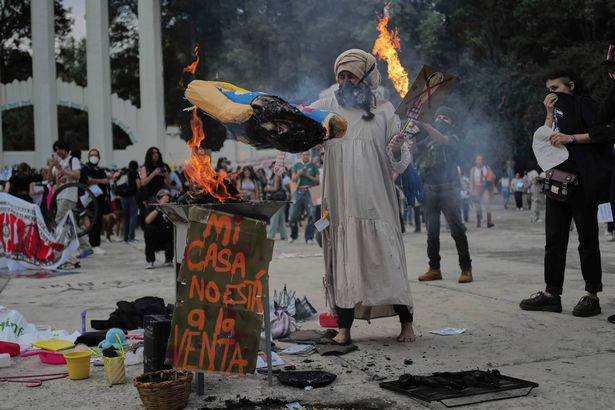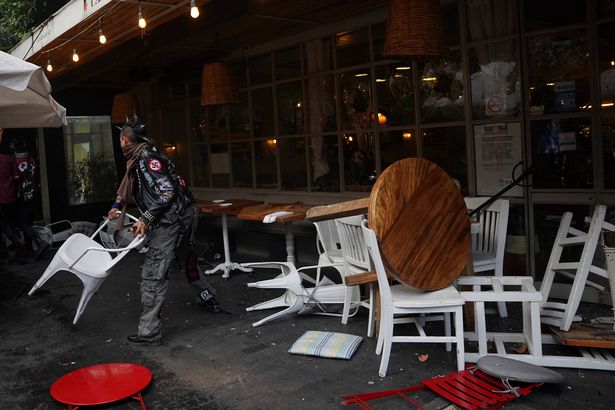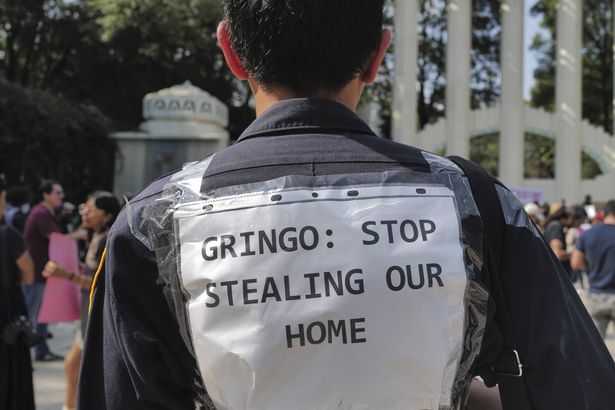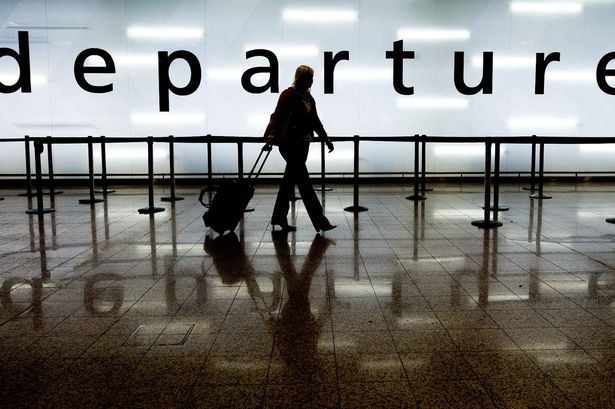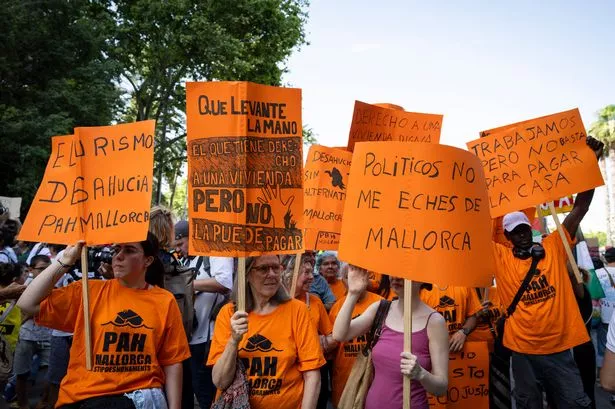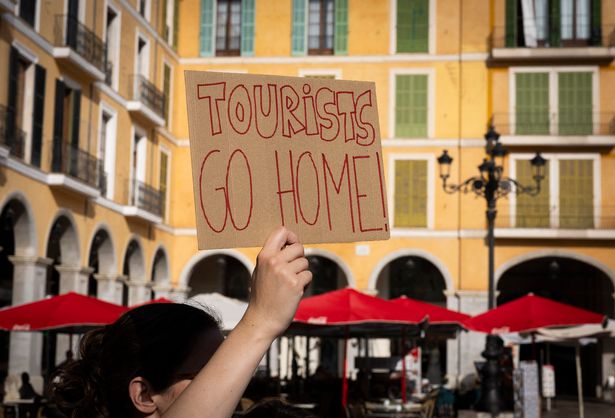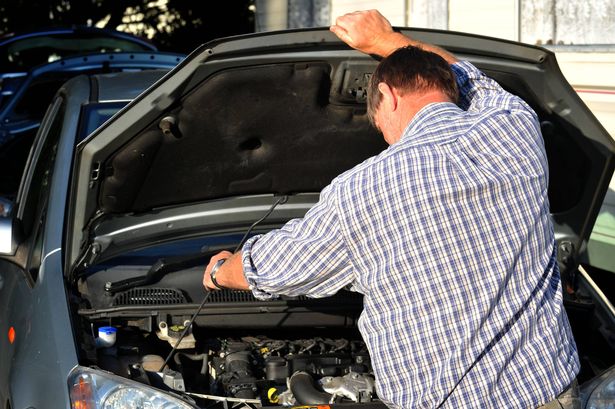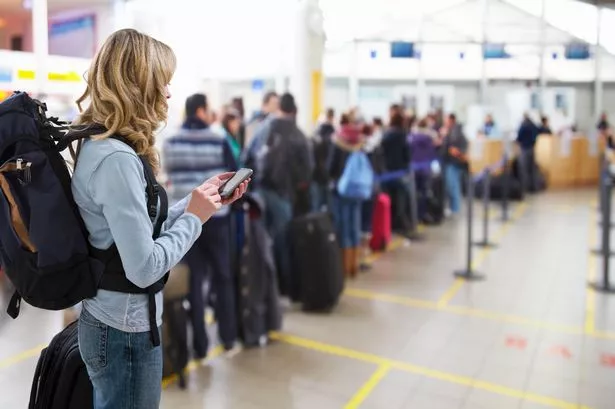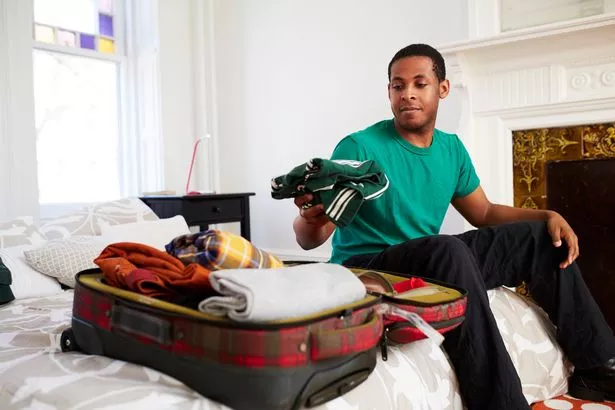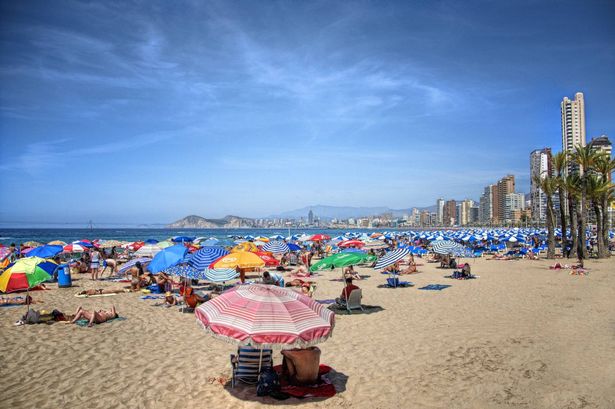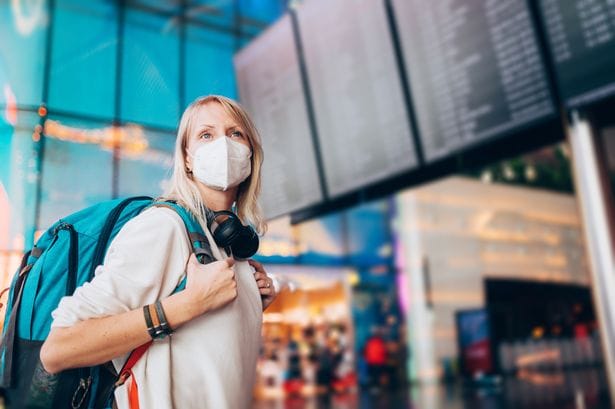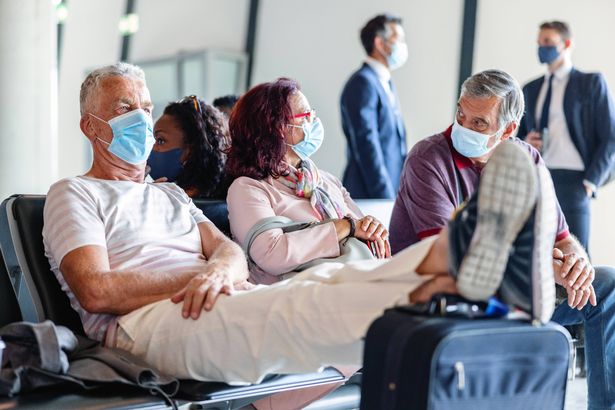Brits have been warned they could face a £5,000 fine and prosecution if they bring two common items back into the UK from their summer holiday – even if they were purchased at duty free
British holidaymakers have been cautioned they could be hit with a hefty £5,000 penalty and face prosecution for bringing back two everyday items from their summer getaway – even if purchased duty-free.
Travellers are now prohibited from returning with untreated meat and dairy products from overseas in fresh measures designed to halt the spread of Foot and Mouth disease.
This means it’s now against the law to transport lamb, pork, mutton and goat meat along with any products containing them, including sandwiches.
The restriction also covers cheese, chorizo, salami, serrano ham, yoghurt, butter, milk, and sandwiches featuring any of these components.
The prohibition extends to items that are packaged or purchased at airports, reports the Express.
Foot and Mouth disease is described as a “highly contagious viral disease” capable of killing cattle, sheep, pigs, and other cloven-hoofed livestock.
The infection can be transmitted through animal products and spreads rapidly, authorities have cautioned.
A recent surge of cases affecting Hungary, Austria and Germany has prompted the UK’s chief veterinarian to urge Britons to adhere to the fresh regulations.
The illness can also trigger catastrophic economic consequences, with the Foot and Mouth crisis in 2001 estimated to have cost £15 billion in disease control expenses alone.
Any passengers discovered with the prohibited goods must hand them over at the border, or risk having them confiscated and destroyed.
In certain circumstances, individuals could face a £5,000 fine in England, or prosecution throughout Great Britain. The ban, introduced in April, is set to remain until the “personal import of affected products no longer poses a significant biosecurity risk to GB”.
However, the restrictions do not apply to those arriving into Great Britain from Northern Ireland, Jersey, Guernsey, or the Isle of Man.
Christine Middlemiss, the UK’s chief veterinary officer, has urged holidaymakers to help protect farmers. She said: “I know it is disappointing not to be able to bring back produce from your holidays, but please avoid temptation.”
Middlemiss further added: “This highly contagious disease causes considerable suffering to livestock and has a devastating economic and personal impact on farmers, who lose their prized animals.”
On 24 July, Baroness Hayman, the biosecurity minister, said: “We are asking the public to take this seriously. Do not bring prohibited animal or plant products into the country-doing so puts farmers’ livelihoods at risk.”
She also mentioned that the ban reflects a “clear determination to safeguard our borders” and “maintaining the integrity of our biosecurity against Foot and Mouth disease is essential”.
Symptoms of Foot and Mouth disease vary depending on the animal, but in cattle the main signs are sores and blisters on the feet, mouth and tongue, a fever, reluctance to feed, and lameness. Meanwhile, in pigs and sheep, the signs are usually lameness and blistering.
Farmers who suspect their livestock may have Foot and Mouth disease are urged to report it immediately by dialling 03000 200 301 in England, 0300 303 8268 in Wales, or contacting the local Field Services Office in Scotland.








